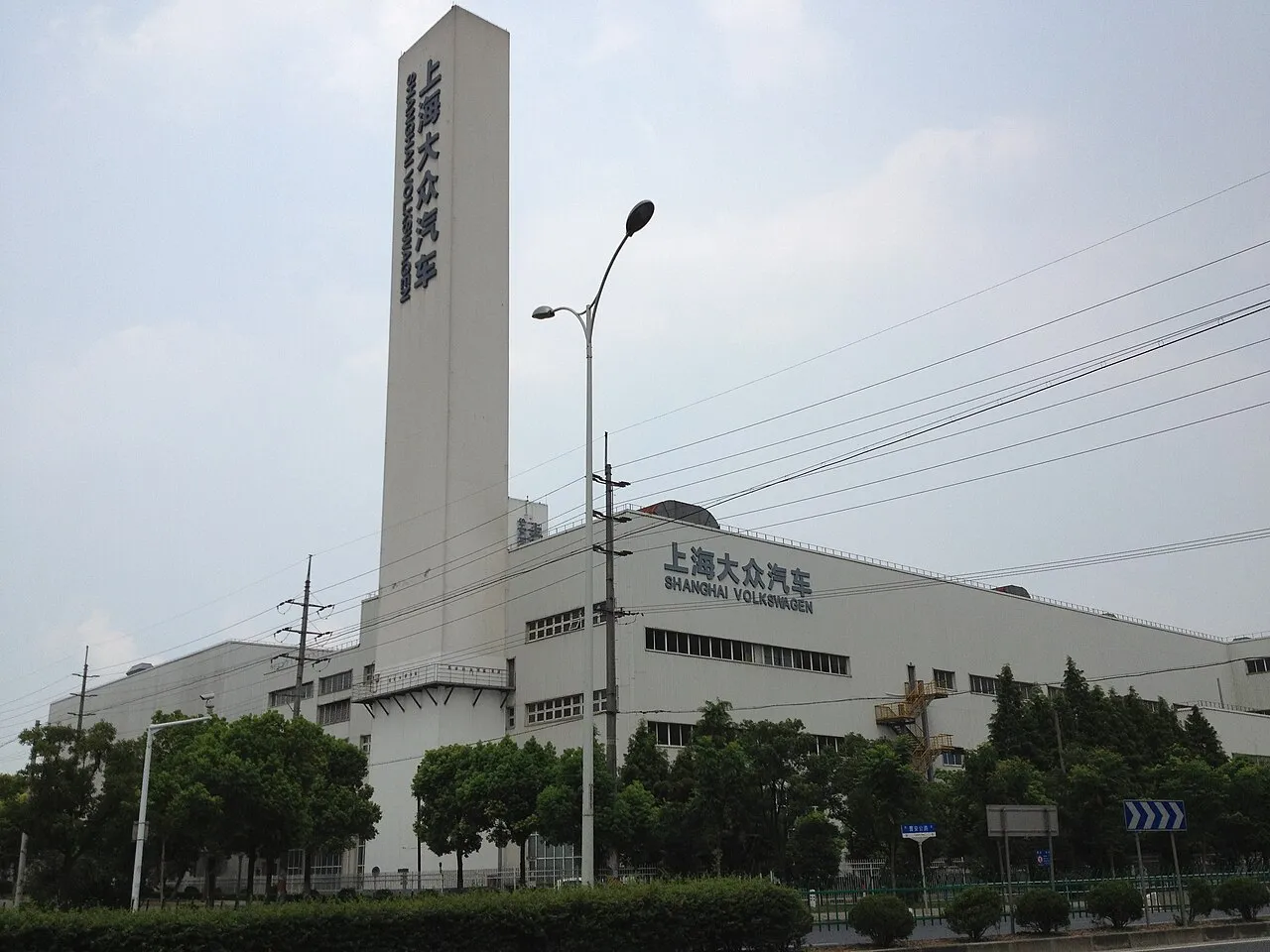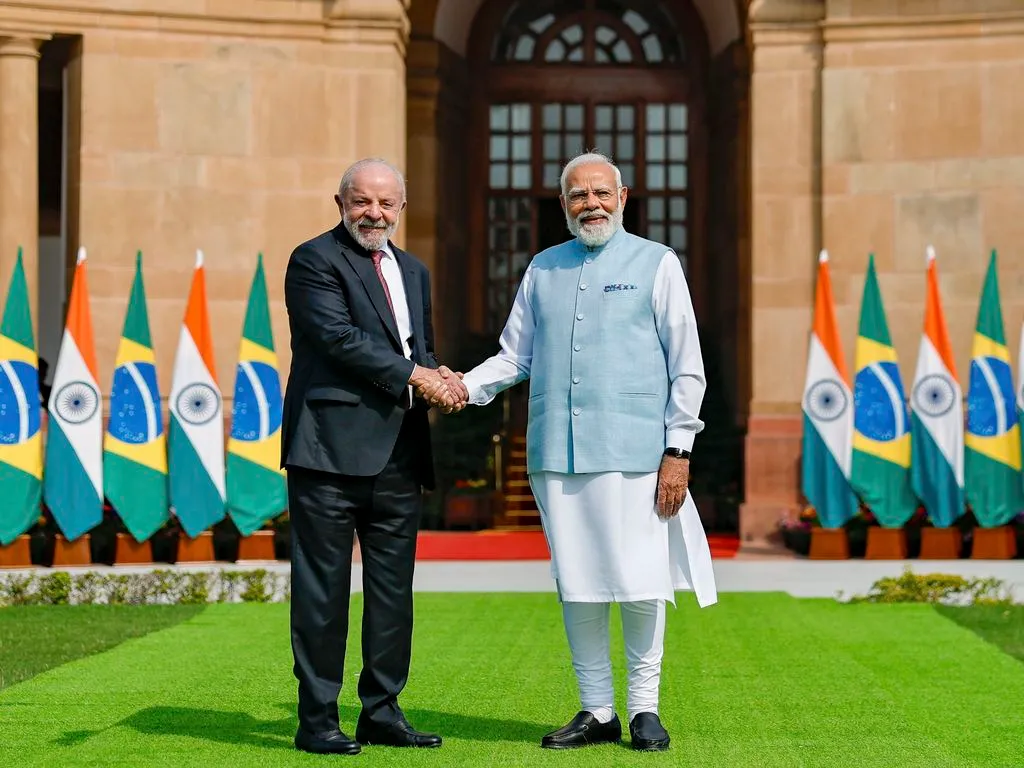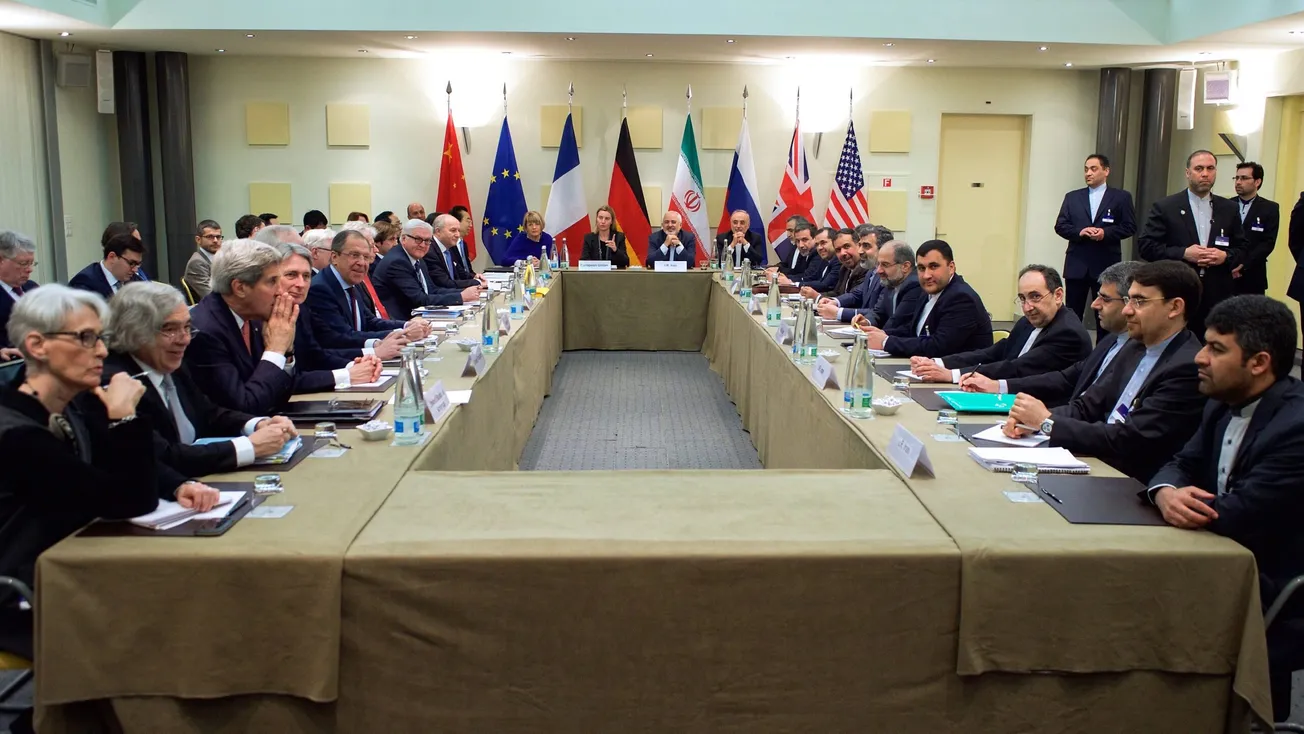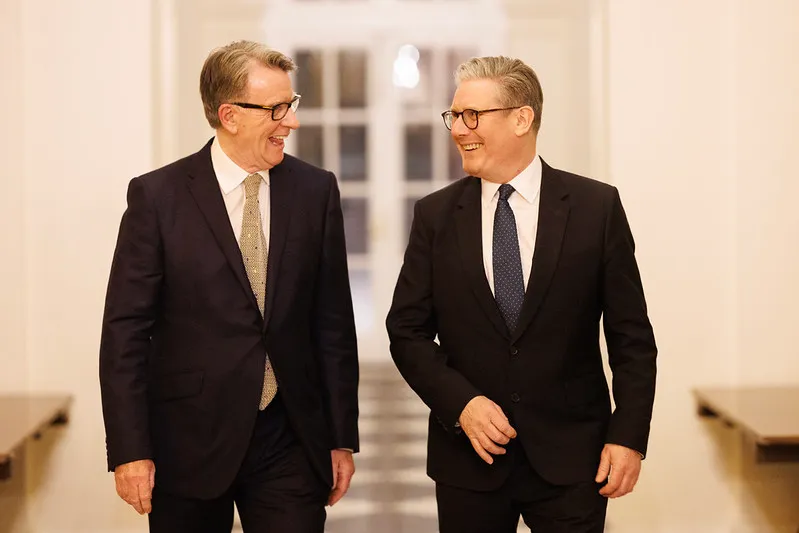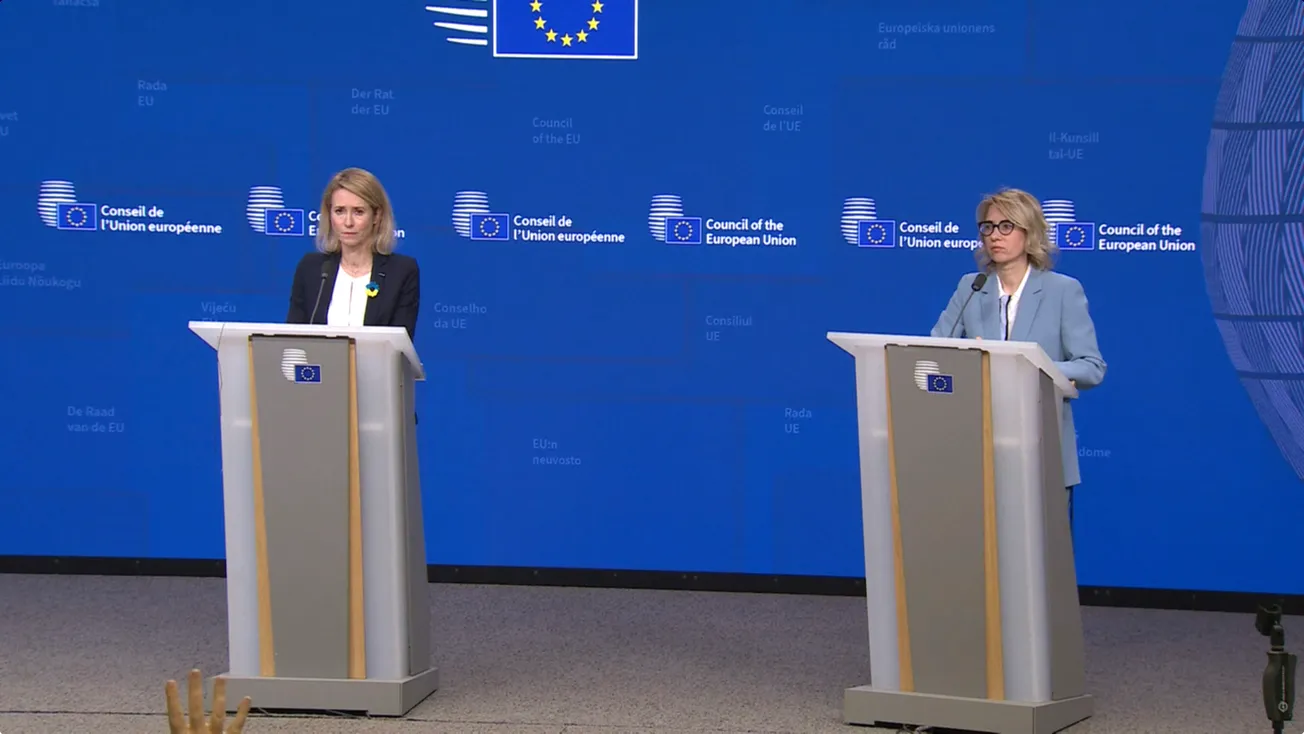The organizers of the 4th International Municipal BRICS-Plus Forum report that government officials, businessmen, public figures, and representatives of different communities from 64 countries are participating in the forum taking place Nov. 24-26 this year. The discussion in the many panels and meetings centered on the topic for this year’s Forum: “Humankind and the World: Development of Trends and Adaptation to the New.”
Included among the 900 or so speakers was Schiller Institute researcher Stephan Ossenkopp, who spoke in the Nov. 25 panel called: “In Everyone’s Interest: National Development Goals; Time of Change: New Definitions of Sovereignty in Global and Local Dimensions.” Ossenkopp used his remarks on “Germany’s Energy Crisis and Its Geopolitical Dimensions” to convey the Schiller Institute’s perspective, that is necessary and possible to persuade broad strata of the West, that the only way out of the crisis resulting from the collapse of the neoliberal system, with its threat of nuclear war and deindustrial decimation, is for the West to cooperate with the dynamic of peaceful coexistence taking shape around the BRICS.
IMBRICS+, as they call themselves, was proposed by a St. Petersburg delegation to the 2018 South Africa BRICS conference, which accepted. The Forum was envisaged as a “platform for cooperation between regional and municipal officials and business communities,” promoting “the development of social and economic well-being of municipal territories, introduction of information, digital and innovative technologies in the daily activities of major cities in developing countries … building business communications and attracting investments to the regions and municipal cities of the BRICS countries and partner states.” Business agreements between various combinations of participants are expected.
This year, with the largest presence of “plus” countries (outside the five BRICS members) yet, the focus will be on Asian, Ibero-America, African and the Arab countries.


